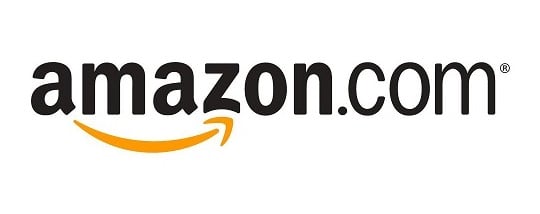Why Apple Is Still Cheap, and Why Amazon Isn’t Cheap Yet
May 1, 2014 by Cgblaine22
The short answer right now is probably Apple, even if the stock is trading at more than $590 and the company is still the most valuable on the planet. The main argument in its favor are, first, its price-to-earnings (P/E) ratios: 14.66 on a trailing 12-month basis and 12.01 on a forward basis. And second, the stock price itself: up 5.3% this year and 17.9% since the end of January.
The fundamentals of Apple remain strong. The company beat revenue and earnings estimates in the first quarter. It sold 44 million iPhones, when Wall Street was expecting 38 million. The iPhone generated $26 billion in revenue by itself — 57.1% of total revenue. The one blot on the earnings report: Revenue grew just 4.7% from a year earlier. Net income was up 7%.
But the news for shareholders was outside sales and profit. Apple announced on April 23 it was boosting its share buyback program to $130 billion by the end of 2015. It boosted its dividend by 8%, and it is splitting its shares seven-for-one. The news cheered investors. The shares rose 12.5% in the next five sessions.
If Apple comes up with new products, like a new larger iPhone, an Apple television, a wearable device that people will buy, or something else with a “wow” factor, then the stock is a bargain.
ALSO READ: The Next Big Stock Splits After Apple
Amazon’s stock has struggled of late, falling nearly 10% in April, on top of a 7.1% decline in March. As of Wednesday’s close at $303.13, the shares were off 23.7% for the year. They bottomed at $288, down some 29% from their peak close of $407.05 on Jan. 21.
The shares are trading significantly below their 200-day moving average. Their relative strength index — an indicator of momentum — is around 37.40. It was as low as 18 in mid-April, a signal that it was seriously oversold.
Amazon also has the problem of its ungodly P/E ratios — 472 times trailing 12-month earnings and a forward P/E of nearly 60.
On the other hand, its record of staggering growth cannot be denied. Revenue has grown an average 32% A YEAR since 1999. Keeping up that growth rate is getting harder, however. Last year’s revenue of $74.45 billion was up 21.9% over 2012. And 2012’s revenue growth was 27.1%, which was down from 40.6% the year before.
ALSO READ: Which Dividend Hike Is Best for Your Money: Exxon or Chevron?
There is that constant argument from the company that it must invest billions each quarter to ensure its future and that top-line growth is all important. So, in the first quarter, capital expenditures totaled $1.1 billion, up from $670 million a year earlier. Much of the investment was in fulfillment infrastructure in Spain, Italy and, above all, China. But it also spent $128 million in website development and is investing heavily in new video programming and its rapidly growing cloud-computing business.
With Wednesday’s close, Amazon shares were up 5.6% from the $288 bottom last week and were attracting buyers in pre-open trading Thursday, but that is after an ugly sell-off. The question going forward is whether that buying can be sustained. The answer may be that Amazon and CEO Jeff Bezos have to do more than assure shareholders that all that investing will actually boost earnings. In the meantime, recovering all of a 27% stock-price loss will take time.
Essential Tips for Investing: Sponsored
A financial advisor can help you understand the advantages and disadvantages of investment properties. Finding a qualified financial advisor doesn’t have to be hard. SmartAsset’s free tool matches you with up to three financial advisors who serve your area, and you can interview your advisor matches at no cost to decide which one is right for you. If you’re ready to find an advisor who can help you achieve your financial goals, get started now.
Investing in real estate can diversify your portfolio. But expanding your horizons may add additional costs. If you’re an investor looking to minimize expenses, consider checking out online brokerages. They often offer low investment fees, helping you maximize your profit.